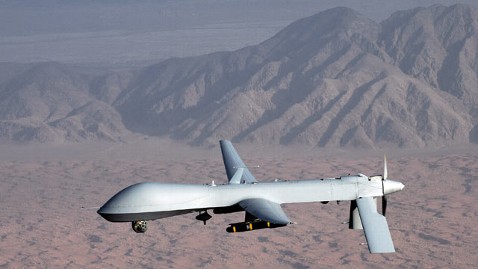Open Richard III DNA evidence for peer review
A good case has been made that a skeleton unearthed from a car park is that of the last Plantagenet king of England - it's time to share the data
Universal bug sensor takes guesswork out of diagnosis
A machine that can identify all bacteria, viruses and fungi known to cause disease in humans should speed up diagnosis and help to reduce antibiotic resistance
Choking China: The struggle to clear Beijing's air
As pollution levels return to normal in China's capital after a record-breaking month of smog, what can be done to banish the smog?
Genes mix across borders more easily than folk tales
Analysing variations in folk tales using genetic techniques shows that people swap genes more readily than stories, giving clues to how cultures evolve
Sleep and dreaming: Slumber at the flick of a switch
Wouldn't it be wonderful to pack a good night's sleep into fewer hours? Technology has the answer - and it could treat depression and even extend our lives too
Closest Earth-like planet may be 13 light years away
A habitable exoplanet should be near enough for future telescopes to probe its atmosphere for signs of life
Lifelogging captures a real picture of your health
How can lifelogging - wearing a camera round your neck to record your every move - reveal what's healthy and unhealthy in the way we live?
Musical brains smash audio algorithm limits
The mystery of how our brains perceive sound has deepened, now that musicians have broken a limit on sound perception imposed by the Fourier transform
Magnitude 8 earthquake strikes Solomon Islands
A major earthquake has caused a small tsunami in the Pacific Ocean, killing at least five people
Nuclear knock-backs on UK's new reactors and old waste
Plans to build new reactors in the UK are stalling as yet another company pulls out, and there is still nowhere to store nuclear waste permanently
Amateur astronomer helps Hubble snap galactic monster
An amateur astronomer combined his pictures with images from the Hubble archive to reveal the true nature of galactic oddball M106
Nightmare images show how lack of sleep kills
Fatigue has been blamed for some of worst human-made disasters of recent decades. Find out more in our image gallery














